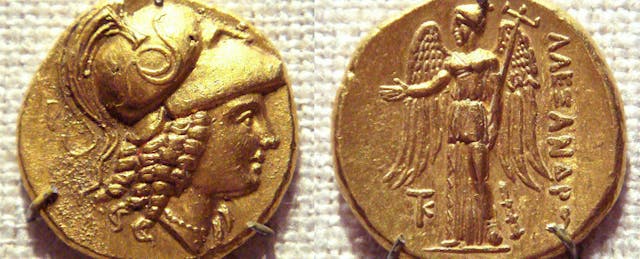How’s this for a one-two punch?
The Minerva Project, with its big hairy audacious goal to launch a new Ivy League tier university with campuses around the world, has announced the Minerva Prize for Advancements in Higher Education, which will be awarded every year to one faculty member, regardless of university affiliation or research field. Nominations will be accepted through November 30, 2013; the winner will be announced in May 2014.
More so than bragging rights, the prize offers $500,000--quite a hefty chunk of change, even for a startup that raised a whopping $25 million seed round back in 2012. (By comparison, the $500,000 prize is on par with the amount awarded to MacArthur Fellows, but less than the $1.1 million awarded to the 2012 Nobel Prize winners.)
Any faculty member from any higher-ed institution “whose innovations have led to extraordinary student learning experiences” is eligible. Minerva’s founder and CEO, Ben Nelson, is being purposefully broad to “be as inclusive as humanly possible.” For him, the prize is ultimately about putting the spotlight back on teaching. Academia offers few rewards and incentives for great teaching, Nelson observes. “The existing system of hiring, tenure, and promotions often emphasize research and publications over teaching,” he says.
Nelson expects hundreds--if not thousands--of nominations for the Prize. And the task of vetting them will fall on the Minerva Academy, whose launch was also part of the announcement. The "honorary institution" will function as an advisory board to help recognize, promote and exchange fresh ideas on teaching in higher education. Inductees are invited but not required to teach or help design the curriculum for the university, which plans to open its doors in September 2015. (Read about its curriculum offerings here.)
Roger Kornberg, the 2006 Nobel Prize winner in Chemistry, will serve as its first Governor, and his first task will be to select the first cohort of Academy members by the end of the year--in time to review the nominations. (The company's mum on how many it has in mind.) Kornberg will take the lead in identifying and inviting educators around the world “based on recognized expertise focused on student learning as well as published research.
For the 2014 award, the Academy will conduct its own primary research about the nominees, including gathering background information and recommendations from fellow peers. One important criteria will be how educators have inspired students to carry on meaningful research and work. Nelson brought up Martin Seligman, considered by many the “father of positive psychology,” as an example of an educator whose teaching has inspired successive generations of student scholars.
For Nelson, the Minerva Prize is a step toward breaking the image of academia as an "ivory tower" of closed research and obscure publications and putting the focus back on teaching and engaging students. “We ultimately hope that the Minerva Prize will be a parallel to the Nobel Prize.”


